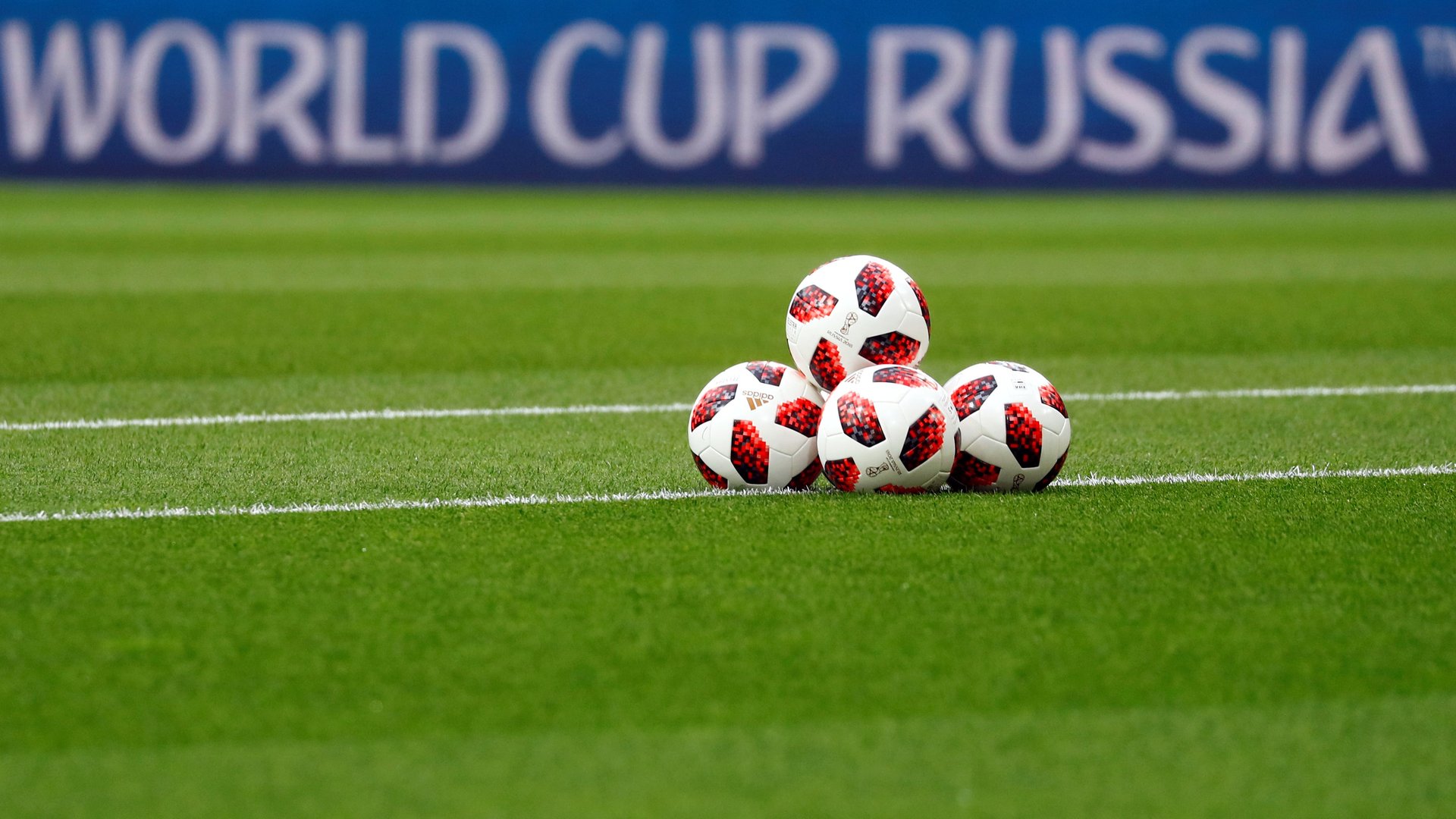Think that soccer match was fixed? You may be right
Do countries with a corruption problem tend to cheat more at sports?


Do countries with a corruption problem tend to cheat more at sports?
One way to find out is to look at a cultural juggernaut—the sport of soccer, for instance—for local differences in corrupt behavior. A paper published July 5 in the Journal of Law, Economics and Organization examined the results of critical soccer matches in 75 countries, and found that in countries rated as more corrupt were also more likely to see fishy sporting results.
Economists Guy Elaad, Alex Krumer and Jeffrey Kantor were inspired by studies that found UN ambassadors from more corrupt countries accumulated more New York City parking tickets, and another that used statistical analysis to find that sumo wrestlers were likely colluding (pdf) to rig matches.
To apply these ideas to a new arena, they assembled data on games between 2001 and 2013. Key to their natural experiment is a quirk of soccer leagues: In most countries, the worst teams in the top league are relegated to a lower level for the next season, and the best teams in the lower levels are sent to the top. Relegation typically means less exposure for players and much less money for owners.
Thus, on the final day of each league’s competition, there are often games when one team faces relegation, and their opponent is already secure in the top league. These match-ups provide the heart of the researchers’ experiment: They found that in countries perceived as more corrupt, the team facing relegation is more likely to win that game, compared to matches between the same two teams without the threat of relegation.
Going even further, the researchers looked at the next year’s games between two teams if one had unexpectedly avoided relegation the year before. They found that, in more corrupt countries, the team that avoided relegation the previous year by winning is much more likely to lose to their former opponent than to a better team. In other words, statistical analysis suggests that there is a quid-pro-quo at play: If you let us win and avoid relegation this season, we’ll help you out next season.
All that suggests that in places where corruption is part of life, it’s part of sport, as well.
“Our paper provides evidence of corrupt norms in a new (soccer) field,” the authors write.